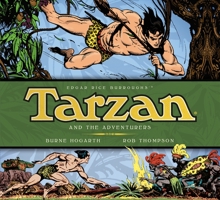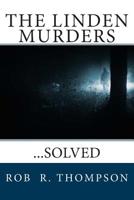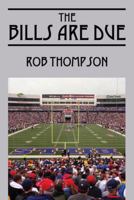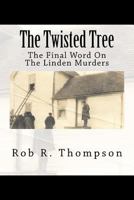The Road Back to You: An Enneagram Journey to Self-Discovery
Select Format
Select Condition 
Book Overview
The Book That Started a Million Enneagram Journeys
What you don't know about yourself can hurt you and your relationships--and even keep you in the shallows with God. Do you want help figuring out who you are and why you're stuck in the same ruts?
The Enneagram is an ancient personality typing system with an uncanny accuracy in describing how human beings are wired, both positively and negatively. In The Road Back to You Ian Morgan Cron and Suzanne Stabile forge a unique approach--a practical, comprehensive way of accessing Enneagram wisdom and exploring its connections with Christian spirituality for a deeper knowledge of ourselves, compassion for others, and love for God.
Witty and filled with stories, this book allows you to peek inside each of the nine Enneagram types, keeping you turning the pages long after you have read the chapter about your own number. Not only will you learn more about yourself, but you will also start to see the world through other people's eyes, understanding how and why people think, feel, and act the way they do.
To guide your first steps into your self-awareness journey, The Road Back to You offers:
Introductions to each Enneagram typeQuestions to help you identify your numberChanges you can make today to pursue deeper self-awarenessDigestible windows into the other types, helping you see others with more compassion and empathyThe wisdom of the Enneagram can help take you further along into who you really are--leading you into places of spiritual discovery you would never have found on your own, and paving the way to the wiser, more compassionate person you want to become.
Customer Reviews
Rated 5 starsNot Just Another Yawn in a Series
I was a little hesitant when I saw Zinczenko and Goulding had ANOTHER book out, but was very pleasantly surprised when I read it. The book is colorful, easy to read, and helpful for starting the new year with baby steps to saving money and eating healthier. The book has great tips for stocking your kitchen, recipes for feeding your family interesting food while saving money, and helpful ways to incorporate new foods into...
1Report
Rated 5 starsMy Fave of the series
I absolutly love this book, by far the best in the series.I love how they explain exactly what you need in your kitchen in order to cook and cook healthy *turns out not a whole lot! Then gives you recipes that are easy to cook, not crazy diet food with weird grinding up of beans to sneak them in brownies or using cereal to fry fish. These are real recipies for people who want to eat good food without suffering the consequences...
1Report
Rated 5 starsEat smart, not dumb!
Addicted to the Cheesecake Factory's Warm Apple Crisp but can't afford the 1,355 calories? Save a whopping 1,155 calories by making your own! Cook This, Not That shows you how. This book is for anyone wanting to eat smarter. It gets down to basics: "Forget dieting. Forget joining a gym. Forget the ads for the Abinator device you saw on QVC. If you really, truly want to lose weight, there is no quicker way to shave pounds...
0Report
Rated 5 starsMore flavor less time and calories!!
This is not the traditional "Eat This Not That". With this addition, Mens Health gives you a rare gem of a cookbook. As a cookbook afficionado, I would normally turn my nose up to something like this. However, this book proves the old cliche you shouldn't judge a book by its..... Inside is packed with recipes that are high in flavor, healthy, and require minimal time/ingredient/culinary skill to prepare. The ingredients...
0Report
Rated 5 starsOutstanding!!
Ok, so the whole series has been packed with information, advice, and witty comments that help us make better choices. Finally, we get to sample what's going on in their kitchen. It's not just a cookbook to fight the restaurant wars, it deserves a spot with the best cookbooks on my shelf - thoughtful, well written, easy to follow yet high quality recipes. Extra tips and comments show gourmet expertise. Great layout. I just...
0Report














































